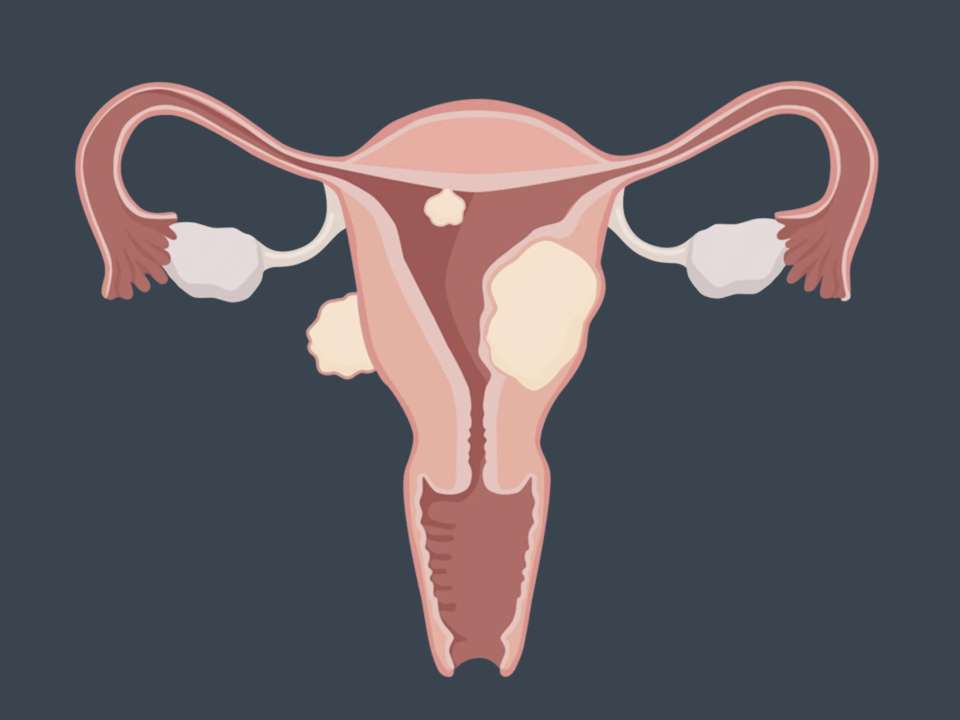Here’s How to Fix High Blood Pressure From the Pandemic

Your blood pressure increases temporarily when you’re stressed out. This is normal and common, such as for people who have “white coat syndrome” and get a spike in blood pressure during doctor’s visits.
Usually, a temporary spike isn’t a problem, and your blood pressure returns to normal after the stressful event ends.
However, when stress is chronic and recurring — as it has been during the pandemic — it can cause a permanent increase in your blood pressure called hypertension. And that isn’t good for your long-term health.
How has the pandemic impacted blood pressure?
Research from the American Heart Association has shown that many people, especially women and middle-aged adults, experienced an increase in their blood pressure after the start of the pandemic.
The increase was determined from an average of blood pressure readings across several months during the pandemic compared to similar data from before the pandemic. This means the increase wasn’t just a temporary spike.
“We believe the pandemic has impacted blood pressure in different ways. People may be more hypertensive because they are worried about infection, their jobs, their families, the economy. Our lifestyle also has changed, we have to isolate and lock down, we were not that active, some people are gaining weight and relying on coping foods that aren’t as healthy,” says Dr. Marta Alhama-Belotto, a cardiologist who sees patients at the UW Medicine Heart Institute at South Lake Union and at Harborview Medical Center.
Additionally, people may avoid doctor’s visits out of fear of getting COVID-19, which means they may not be getting diagnosed with high blood pressure even though they have it.
Even before the pandemic, high blood pressure was extremely common: According to the Centers for Disease Control and Prevention, nearly half of U.S. adults have high blood pressure, and only one in four adults with high blood pressure are successfully managing the condition.
What else causes high blood pressure?
Most of the time, it’s hard to pinpoint a single, specific cause of high blood pressure, Alhama-Belotto says. Instead, a combination of things is usually at play, such as chronic stress, drinking a lot of alcohol, poor sleep, a sedentary lifestyle, and eating a high-salt diet.
High blood pressure can run in families. Other medical conditions, such as kidney disease, can also put someone at risk for developing high blood pressure.
When is blood pressure considered too high?
First, a brief refresher of what blood pressure numbers mean. The first number is systolic pressure that occurs when your heart pushes blood through your body. The second number is diastolic pressure that occurs when your heart is at rest between beats.
A normal blood pressure is considered anything below 120/80 but above 90/60 (which is considered low blood pressure and can cause symptoms such as dizziness).
A blood pressure of 120-129/80 is considered elevated, while a blood pressure of 130-139/80-89 is stage I high blood pressure and 140/90 or higher is stage II high blood pressure.
A single high blood pressure reading during a doctor’s appointment doesn’t mean you have high blood pressure. But if your blood pressure is regularly elevated or at stage I or II readings, that means you do have high blood pressure.
Is hypertension ever an emergency?
If your blood pressure is above 180/120 during a reading, that is cause for making a doctor’s appointment or even going to the emergency department.
“When people have acutely very high blood pressure they can have headaches, difficulty breathing, chest pain, visual disturbances. If they have those symptoms they need to seek medical attention so we can drop their blood pressure quickly,” Alhama-Belotto says.
An extremely high blood pressure can also cause a stroke or a heart attack, so if you have symptoms of either (such as weakness or numbness on one side of the body, or chest pain or pressure that spreads to the neck or arms), you should call 911.
Are there symptoms of high blood pressure?
The problem with high blood pressure is that you probably won’t know you have it. That’s because high blood pressure doesn’t cause symptoms until it becomes an emergency.
Aside from causing a stroke or heart attack, untreated high blood pressure can lead to organ damage, especially to the kidneys, brain and heart, Alhama-Belotto says. This can lead to long-term problems such as a stiff, thickened heart that causes regular shortness of breath, or kidney disease requiring dialysis.
You don’t want to get to that point if you can avoid it, because then treating high blood pressure is more difficult, Alhama-Belotto says.
How to take your own blood pressure
It may seem daunting but taking your blood pressure yourself is simple. Here are Alhama-Belotto’s tips:
- Ideally, purchase a blood pressure cuff so you can take your blood pressure at home where you’re more comfortable.
- If you can’t buy one, many pharmacies and drugstores have them available for use.
- Relax for five to 10 minutes before taking your blood pressure.
- Take it sitting up in a comfortable position with your feet on the ground and legs uncrossed.
- Take one reading each day, varying the time of day you take it at.
“Thinking about taking your blood pressure multiple times a day can be a stressful situation. Do it well once, forget about it, then take it again the next day,” Alhama-Belotto recommends.
If you’ve been taking readings for a few weeks and notice they are slightly elevated or high, it’s a good idea to mention it to your doctor. An in-person visit might not even be required.
“Patients can send us their blood pressure readings and we can make adjustments to their medications and treatments through telemedicine appointments,” says Alhama-Belotto.
How can I treat and prevent high blood pressure?
“I always tell patients there are three different areas to work on, and if you work on all three simultaneously, you’ll get better results. If you just pay attention to one area your risk won’t be as decreased,” Alhama-Belotto says.
Those three areas are: lifestyle changes, medications and contributing factors.
For lifestyle changes, it’s important to add more movement to your days — Alhama-Belotto recommends at least half an hour of mild to moderate activity every day, while being as realistic as possible with what you can fit into your schedule. Losing weight is a major way to reduce high blood pressure, though if you want to lose weight make sure you’re approaching it in a healthy way by consulting your doctor. Lowering salt intake; eating lots of fruits, veggies and whole grains; and drinking less alcohol are also important.
Second is medications, and there are many types that are available to try in order to find the best fit. Some people may need just one medication while others may need more.
“Many people will need medication to control blood pressure, unless you’re in early stages of borderline hypertension. If you want, you can try just lifestyle changes for three months and then assess, but I only offer that for patients in the low range of high blood pressure,” Alhama-Belotto explains.
Though the medications can cause side effects, most people tolerate the medications well, Alhama-Belotto says. It’s your doctor’s job to determine the right medication and dosage for you, as giving you medication that quickly lowers your blood pressure can cause dizziness and tiredness.
Lastly, it’s important to work with your doctor to identify any factors that could be contributing to your high blood pressure, such as a high-stress job that you hate or a possible underlying medical condition, such as sleep apnea, that you don’t realize you have.
The heart of it
It can be scary wondering if you have high blood pressure and just don’t know it — after all, it rarely causes symptoms until it becomes an emergency.
There’s an easy way to find out, though: Talk with your doctor if you’re concerned, or start taking your blood pressure at home.
While untreated high blood pressure can be dangerous, there are plenty of opportunities to correct the situation before it reaches that point.
“There are many things we can do to treat it. It can be a benign condition if well-treated,” Alhama-Belotto says.
The info in this article is accurate as of the publishing date. While Right as Rain strives to keep our stories as current as possible, the COVID-19 pandemic continues to evolve. It’s possible some things have changed since publication. We encourage you to stay informed by checking out your local health department resources, like Public Health Seattle King County or Washington State Department of Health.

 Healthy ideas for your inbox
Healthy ideas for your inbox





